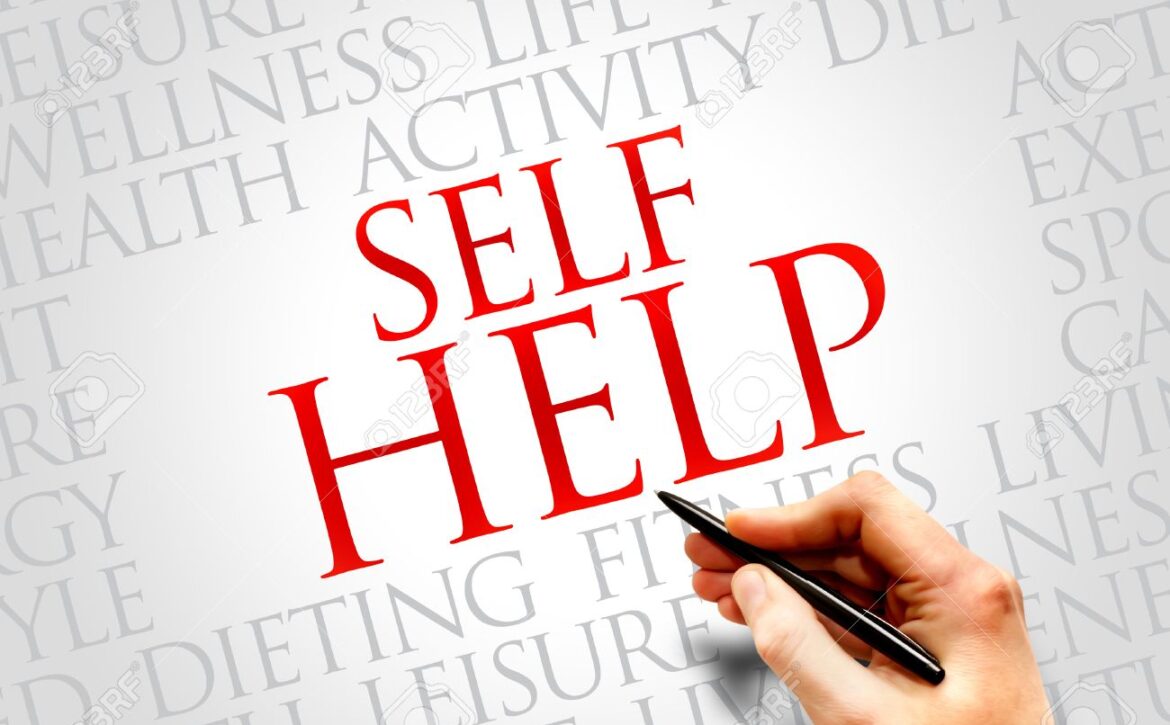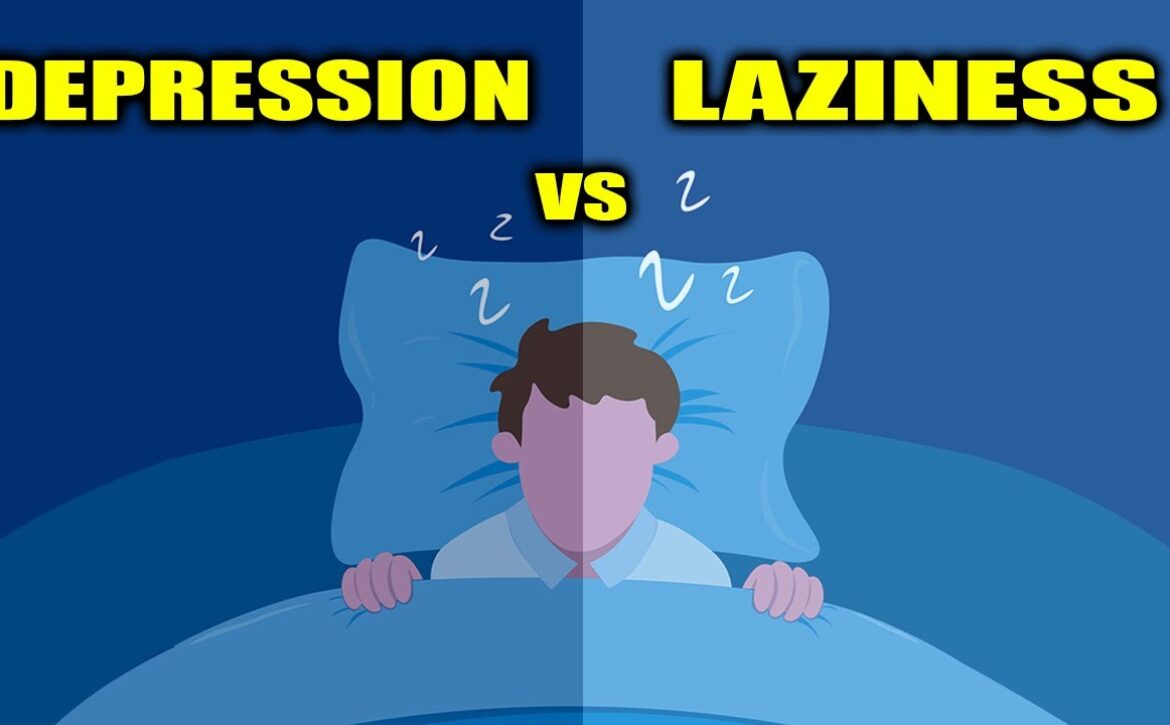Can a Psychotherapist Prescribe Medicine?
Life can throw some serious curveballs. Sometimes, we need a little extra help navigating the emotional storms. Enter the world of mental health professionals, where therapists and psychiatrists stand ready to offer guidance and support. But when it comes to medication, things can get a bit confusing. Can a Psychotherapist Prescribe Medicine? Buckle up because we’re about to untangle this web of prescriptions and psychotherapy.
Talk Therapy Takes Center Stage
Imagine a therapist’s office as a well-equipped workshop for the mind. Their primary tool? Talk therapy, also known as psychotherapy. This involves open, honest conversation where you explore your thoughts, feelings, and experiences. Therapists come in many flavors, each with their own specialized approach. Some might use cognitive-behavioral therapy (CBT) to help you identify and challenge unhelpful thought patterns. Others might employ psychodynamic therapy to delve into your past and understand how it shapes your present. But one thing remains constant: therapists aren’t medical doctors, and that means they can’t prescribe medication.
Why Can’t Therapists Prescribe? A Matter of Training
The road to becoming a therapist is a long and winding one, typically involving a master’s degree and extensive clinical training. Their focus is on understanding the psychological aspects of mental health. Psychiatrists, on the other hand, take a different path. They’re medical doctors (MDs) who have completed additional training in psychiatry, allowing them to diagnose mental health conditions and prescribe medication. Think of it like this: therapists are the mechanics of the mind, adept at fixing its gears and inner workings. Psychiatrists are physicians who are able to identify issues and prescribe medication to address them.
When Therapy and Medication Work Together
While therapists can’t write prescriptions, they play a crucial role in the decision-making process. During therapy sessions, they can assess your symptoms and suggest whether medication might be beneficial. If so, they can refer you to a psychiatrist for evaluation and potential prescription. This collaborative approach, where therapy and medication work hand-in-hand, can be incredibly effective in managing mental health conditions. Imagine therapy as the foundation, building strong coping mechanisms and emotional resilience. Medication, then, becomes the scaffolding, providing support and stability during the construction process.
Benefits of Integrating Therapy and Medication
Integrating psychotherapy and medication management offers several benefits for individuals seeking mental health support:
- Holistic Care: Combining therapy and medication allows for a holistic approach to mental health treatment, addressing both psychological and biological aspects of mental illness.
- Personalized Treatment: Each individual’s treatment plan is tailored to their unique needs, ensuring personalized care and better outcomes.
- Comprehensive Support: Clients receive comprehensive support from both their psychotherapist and psychiatrist, fostering a supportive environment for healing and growth.
- Symptom Management: The combination of therapy and medication helps manage symptoms more effectively, leading to improved quality of life.
Can a Psychotherapist Prescribe Medicine?
The landscape of mental health care is constantly evolving. In recent years, there’s been a growing movement to expand the scope of practice for psychologists, some of whom hold doctoral degrees. A handful of states now allow psychologists with additional training to prescribe medication, particularly for mental health conditions. While this isn’t yet the norm, it represents a potential shift in how mental health services are delivered. Read more about Practical Tips on Nurturing Healthy Relationships by visiting our blog page today!
Finding the Right Fit: It’s All About You
So, who should you see – a therapist, a psychiatrist, or maybe even both? The answer, as always, is that it depends! The best course of action depends on your specific needs and the severity of your condition. Here’s a quick breakdown to help you navigate:
- For mild to moderate symptoms: Therapy can be a great starting point. It can equip you with tools to manage your mental health and improve your overall well-being.
- For moderate to severe symptoms: If your symptoms are significantly impacting your daily life, medication might be necessary. A psychiatrist can assess your condition and prescribe the appropriate medication. In many cases, combining therapy with medication can be the most effective approach.
- For complex situations: Sometimes, both therapy and medication are needed. Therapists and psychiatrists can work together to create a comprehensive treatment plan tailored to your specific needs.
The Takeaway: You’re Not Alone on Your Mental Health Journey
Remember, there’s no shame in seeking help for your mental health. Whether you need therapy, medication, or a combination of both, there are professionals available to support you. Don’t hesitate to reach out to a therapist or psychiatrist to discuss your options and chart a course towards mental wellness. After all, your mental health is just as important as your physical health, and it deserves the same level of care and attention.Ready to take charge of your mental health journey? Cedarway Therapy offers comprehensive support and personalized treatment plans tailored to your needs, ensuring a holistic approach to well-being. Say goodbye to uncertainty and take the first step towards a brighter tomorrow with our experienced team of Psychotherapist Mississauga professionals. Don’t let questions linger—reach out today and discover the benefits of collaborative care at Cedarway Therapy. Your mental wellness matters, and we’re here to support you every step of the way. Join us in prioritizing your mental health and experiencing the difference Cedarway Therapy can make in your life.
























